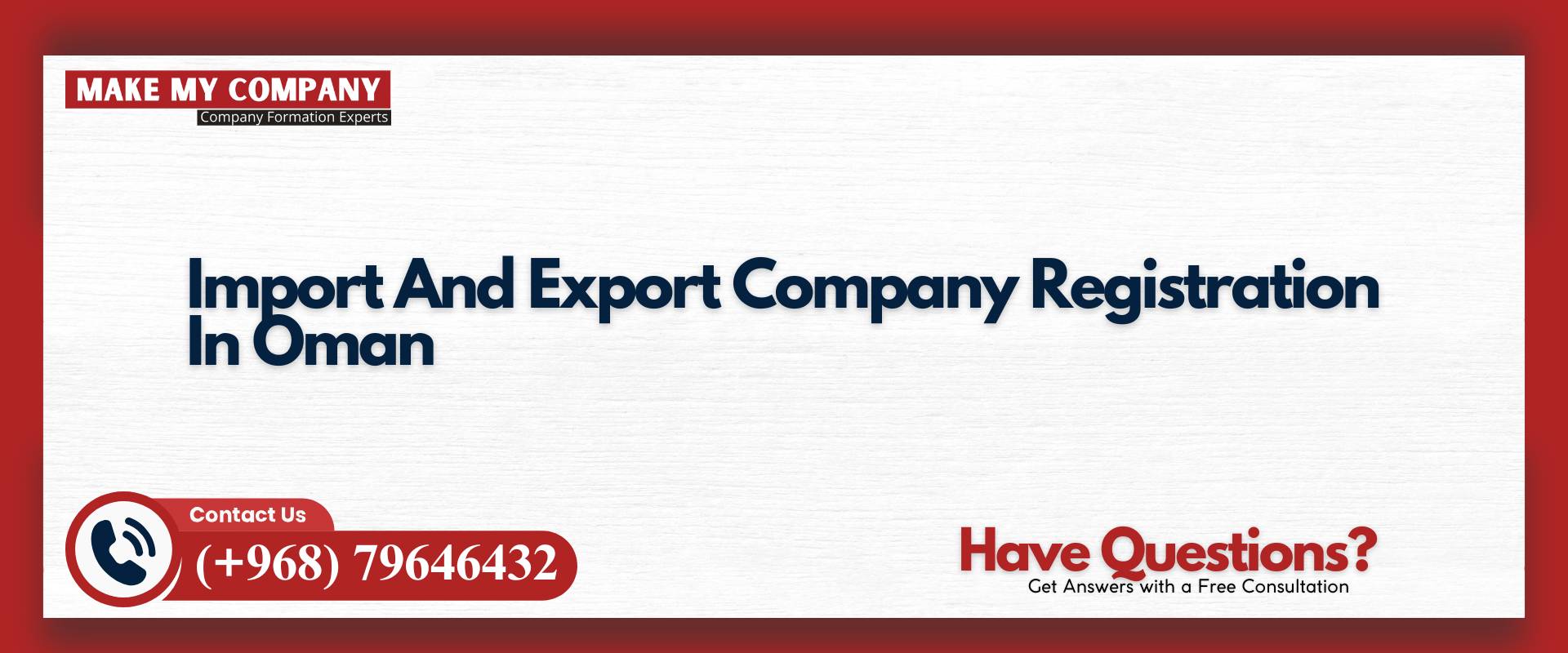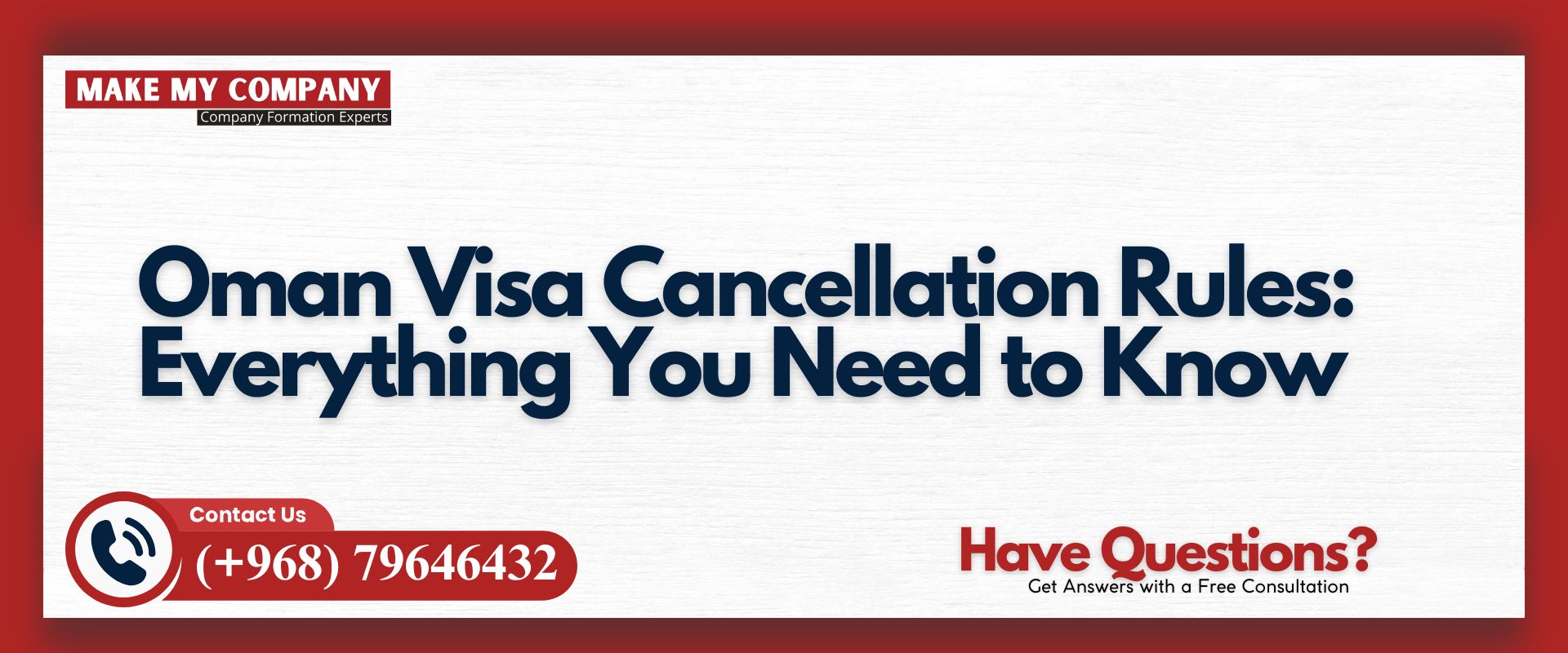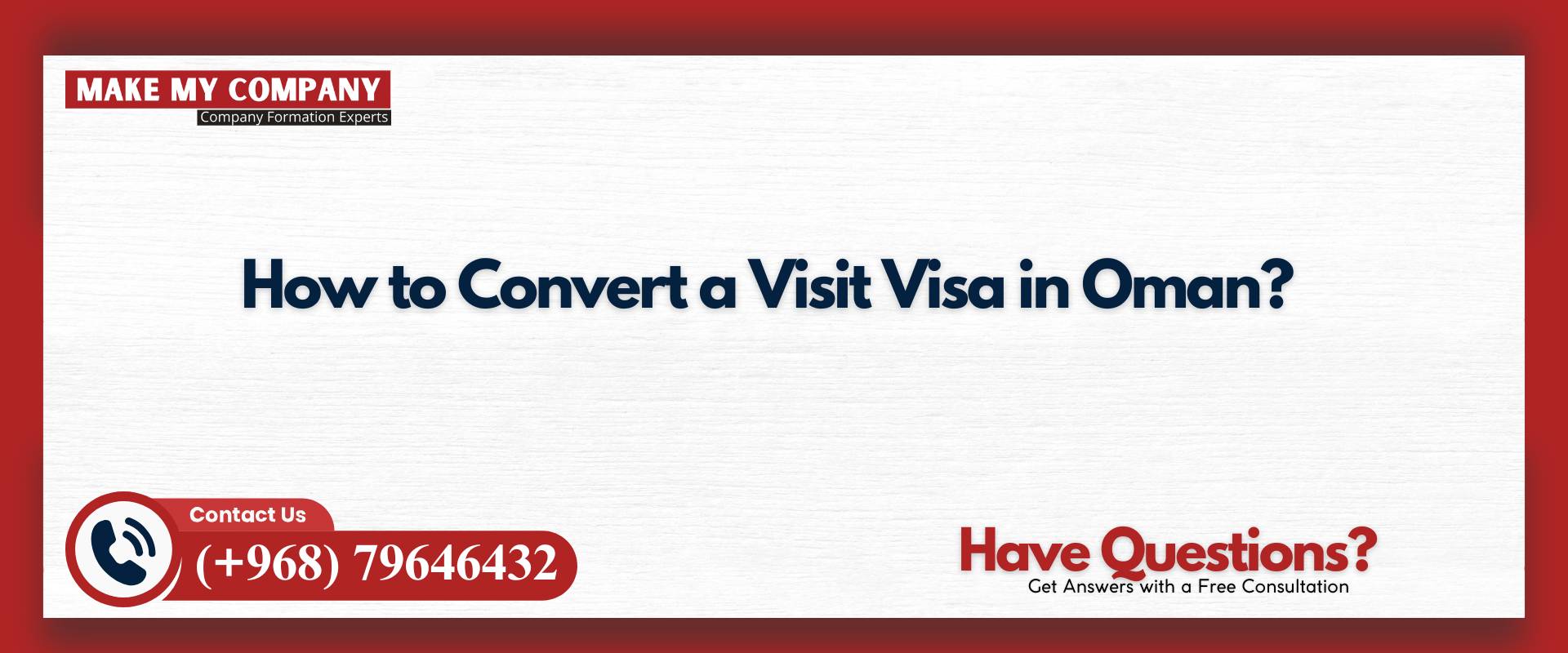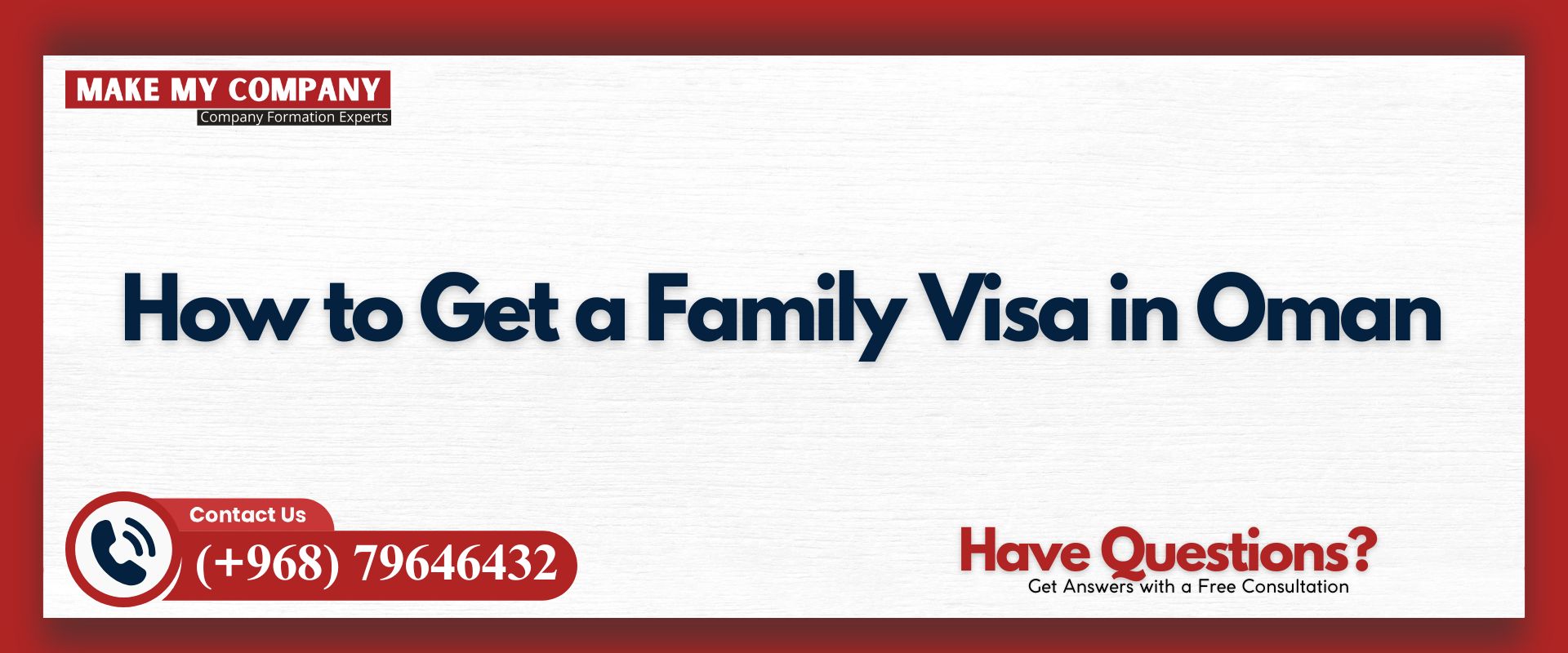Oman has become one of the fastest-growing hubs for international trade in the Middle East. With its strategic location between Asia, Africa, and Europe, the country offers businesses excellent access to global markets. To legally trade goods across borders, entrepreneurs and investors must obtain an import export license in Oman. This license allows companies to bring products into Oman, ship them overseas, and benefit from free zone advantages.
Table of Contents
Importance of an Import Export License in Oman
An import export license is not just a formality; it is a legal requirement under Omani law. Without this license, companies cannot clear goods at customs or participate in cross-border trade. For foreign investors, the license also ensures compliance with Oman’s Ministry of Commerce, Industry, and Investment Promotion (MOCIIP).
Benefits of Having an Import Export License in Oman
Obtaining an import export license in Oman unlocks substantial business opportunities and competitive advantages in international trade. The Sultanate’s strategic initiatives and geographic positioning make it an ideal base for entrepreneurs seeking to engage in cross-border commerce.
Access to Strategic Trade Routes
Oman’s geographical advantage along the Strait of Hormuz, through which approximately 21% of global petroleum passes, positions license holders at a critical juncture of international trade. The country’s coastline spanning over 3,165 kilometers provides access to major shipping lanes connecting Asia, Europe, and Africa. License holders can leverage world-class ports including Sohar Port, Port Sultan Qaboos, and Salalah Port—one of the region’s largest transshipment hubs. These facilities offer modern infrastructure, efficient customs clearance, and connectivity to global shipping networks, enabling traders to move goods swiftly and cost-effectively across continents.
Favorable Trade Agreements and Market Access
Oman maintains preferential trade agreements with numerous countries, providing import export license holders with competitive advantages. The Gulf Cooperation Council customs union allows duty-free access to markets in Saudi Arabia, UAE, Kuwait, Bahrain, and Qatar—representing over 57 million consumers. Free trade agreements with the United States, Singapore, and negotiations with other nations reduce tariffs and eliminate trade barriers. License holders benefit from these agreements through lower operational costs and enhanced price competitiveness in target markets.
Government Incentives and Support
The Omani government actively promotes trade diversification through various incentives available to licensed traders. Import export businesses can access funding support from development banks, benefit from subsidized logistics in designated free zones, and receive assistance through export credit guarantee programs. The Public Authority for Investment Promotion and Export Development (Ithraa) provides market research, facilitates international partnerships, and organizes trade missions connecting Omani exporters with global buyers. These support mechanisms significantly reduce market entry barriers and operational risks.
Business Expansion and Diversification
An import export license enables businesses to diversify revenue streams beyond domestic sales, reducing dependence on local market fluctuations. Traders can capitalize on price differentials between markets, importing products where demand exceeds supply and exporting where Oman offers competitive advantages. The license facilitates business scalability starting with selective products and gradually expanding into multiple categories and geographic markets. This flexibility allows entrepreneurs to adapt quickly to changing market conditions and emerging opportunities.
Enhanced Credibility and Banking Relationships
Holding an official import export license enhances business credibility with suppliers, buyers, and financial institutions. International manufacturers and distributors prefer working with licensed entities that demonstrate regulatory compliance and business legitimacy. Banks offer more favorable terms for trade finance, letters of credit, and working capital loans to licensed traders with documented import export activities. This improved access to financial services enables larger transactions, better payment terms, and accelerated business growth through adequate financing support.
Authority Responsible for Issuing Import Export License in Oman
The license is issued by the Ministry of Commerce, Industry, and Investment Promotion (MOCIIP). For companies in free zones like Sohar, Duqm, Salalah, or Al Mazunah, the respective free zone authorities handle licensing with added benefits such as duty exemptions and full foreign ownership.
Step-by-Step Process to Obtain an Import Export License in Oman (2025)
Getting an import export license in Oman is a structured process managed by the Ministry of Commerce, Industry, and Investment Promotion. Investors must follow specific steps including business registration, licensing, and customs code approval. Each stage is streamlined through the Invest Easy Portal for faster approvals.
Choose Business Structure
Decide whether to register as an LLC, branch office, or free zone company.
Free zones allow 100% foreign ownership, while mainland businesses require a local partner for certain activities.
Reserve Trade Name
Submit a unique business name to MOCIIP or the relevant free zone authority.
Apply for Commercial Registration
Register the business through the Invest Easy Portal or free zone authority.
Obtain Trade License
Apply for a general trading license or a specific import/export license depending on the goods you plan to trade.
Register with Oman Customs
Companies must register with Oman Customs and obtain a customs code to import and export goods legally.
Open a Bank Account
A corporate bank account is mandatory for handling trade transactions.
Apply for Visas
If hiring staff, apply for work visas and residence permits under company sponsorship.
Costs of Import Export License in Oman (2025)
The cost depends on whether you choose a mainland setup or a free zone setup.
Estimated Breakdown:
- Commercial Registration: OMR 150 – 300
- Import Export License Fee: OMR 100 – 300
- Free Zone Company Setup: OMR 3,000 – 10,000 (varies by zone)
- Customs Code Registration: OMR 100 – 150
Note: Fees may vary depending on the business activity and authority.
Advantages of Setting Up in Oman Free Zones
Oman’s free zones are some of the most attractive destinations for international investors. Their strategic location, supportive government policies, and tax-friendly environment make them ideal for businesses focused on import and export. Companies operating in free zones enjoy unique benefits that are not available in mainland setups, giving them a competitive edge in global trade.
100% Foreign Ownership
One of the biggest advantages is that foreign investors can own their companies outright without the need for a local Omani partner. This gives entrepreneurs full control over business operations, profits, and decision-making.
No Import or Export Duties
Free zone businesses are exempt from customs duties on imports and exports. This helps reduce operational costs and allows companies to trade goods internationally without added financial burdens.
Corporate Tax Exemptions up to 25 Years
Many of Oman’s free zones offer long-term corporate tax holidays that can extend up to 25 years. This means businesses can reinvest profits into growth without worrying about high tax liabilities.
Easy Visa Processing for Staff and Investors
Free zones provide simplified visa procedures for employees, investors, and shareholders. This makes it easier to bring in skilled workers, attract global talent, and expand the workforce smoothly.
World-Class Logistics Near Airports and Seaports
Oman’s free zones are strategically located near major airports and deep-sea ports such as Sohar, Duqm, and Salalah. These logistics hubs ensure smooth cargo movement, faster shipping times, and direct access to regional and global markets.
Compliance and Legal Requirements
Businesses must comply with Oman’s customs laws, tax regulations, and product safety standards.
2025 Compliance Update
- Oman introduced new digital customs clearance systems for faster trade processing.
- VAT at 5% applies to most goods and services.
Upcoming personal income tax in 2028 should be noted by high-income investors, though it does not yet affect trade licenses.
How Long Does It Take to Get an Import Export License in Oman
In most cases, businesses can obtain the license within 7 to 14 working days after document submission, provided all requirements are met. Free zone setups may take slightly longer due to additional approvals.
Why Choose Oman for an Import Export Business
Oman’s geographical location gives traders direct access to GCC markets, Africa, and Asia. Combined with advanced seaports like Sohar and Duqm, and government incentives, Oman remains one of the most attractive places for starting an import export business in 2025.
Conclusion
Obtaining an import export license in Oman is a straightforward process if you follow the right steps and choose the right business structure. With free zone benefits, simplified customs procedures, and Oman’s push for global trade, this is the perfect time for investors to enter the market.
Partnering with a trusted business setup company in Oman ensures smooth licensing, compliance, and faster access to opportunities in the international trade sector.
FAQs
How much does it cost to get an import export license in Oman?
On average, OMR 100 – 300 for the license, with additional setup costs depending on the business structure.
Can foreign investors own 100% of an import export business in Oman?
Yes, in free zones foreign investors can have full ownership. Mainland setups may require Omani partners for certain activities.
How long does the import export license process take?
Typically 7–14 working days.
Do I need a customs code to start import export in Oman?
Yes, registering with Oman Customs and obtaining a customs code is mandatory.
Are there tax benefits for import export companies in Oman?
Yes, free zone businesses enjoy tax holidays and duty exemptions. Mainland businesses are subject to a 15% corporate tax.









